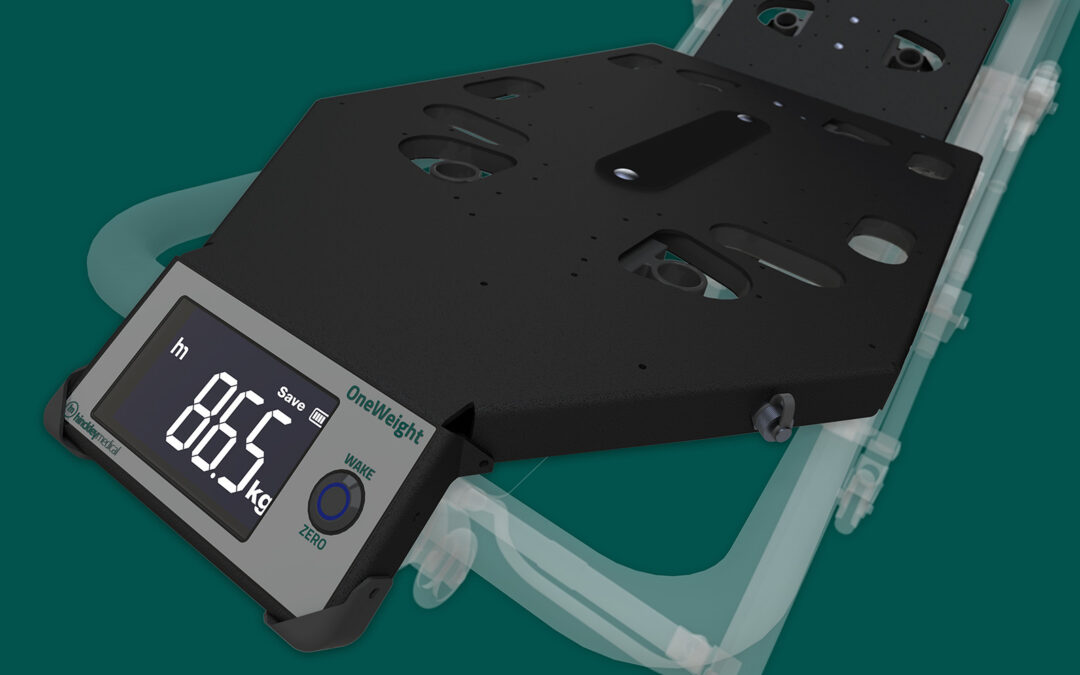Background
Accurate weight estimation plays a pivotal role in prehospital and emergency medical care, particularly when determining medication dosages. Literature suggests a lack of consensus on standardized weight estimation tools, which poses significant challenges in prehospital settings. In this study, the aim was to determine the accuracy of a prehospital EMS OneWeight stretcher scale and self-reported weights in adults.
Methods
Participants were weighed on a hospital bed scale, prehospital EMS OneWeight stretcher scale, and certified standing scale. Volunteers self-reported weight, age, and gender. Evaluations for accuracy were compared to the standing scale. Analysis evaluated for accuracy within 10% and 5%. Equivalence testing was performed on gender and self-reported weights.
Results
Study included 50 adults—36 females (72%), 12 males (24%), and 2 non-reporting (4%). When comparing accuracy of the EMS OneWeight stretcher scale, 50/50 (100%) were within 10% and 49/50 (98%) within 5% of the standing scale. 50/50 (100%) of hospital bed scale weights were within a 10% and 5% difference. 49/50 (98%) of self-reported weights were within 10% and 45/50 (90%) within 5% of the standing scale. For women, the Test for Equivalence in self-reported weights was within the 90% confidence interval (-1.989, -0.855, p=0.0081). Men were within the 90% confidence interval (-2.319, -1.215), but not the equivalence interval (-2.27, 2.27, p=0.0543).
Conclusion
The prehospital EMS OneWeight stretcher scale and hospital scale demonstrated accuracy when compared to standing-scale weights. Accuracy was highest when within a 10% difference. Self-reported weights also showed high levels of accuracy. Additional studies are needed to determine if scale weights can lead to more accurate dosing in weight-dosed medications.
Key Findings
There was a strong correlation between OneWeight and hospital standing-scale weights. 98% of weights obtained using the prehospital EMS OneWeight stretcher scale were within 5% accuracy. In prehospital emergency environments, OneWeight’s level of accuracy is a significant improvement from the weight estimations of providers.
This IRB-approved study was conducted in September, 2023.
1Department of Emergency Medicine, College of Medicine, University of Nebraska Medical Center, Omaha, NE
2Department of Biostatistics, College of Public Health, University of Nebraska Medical Center, Omaha, NE

